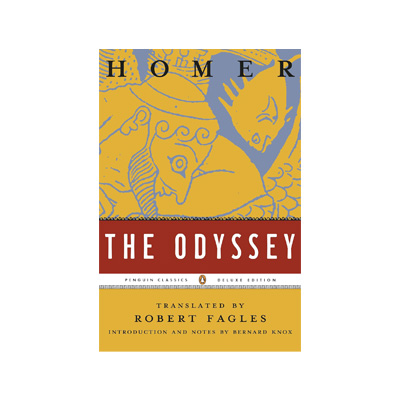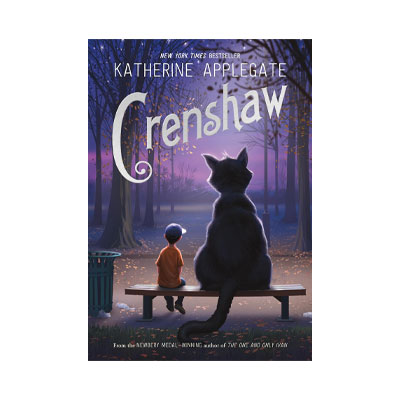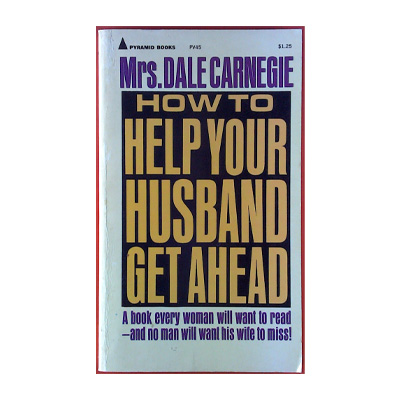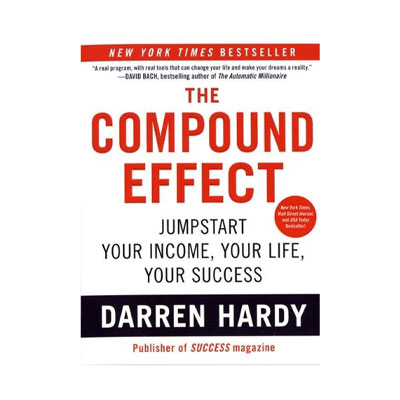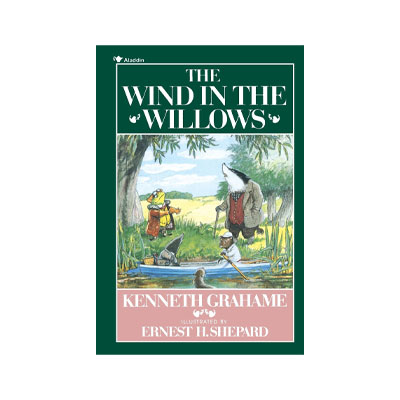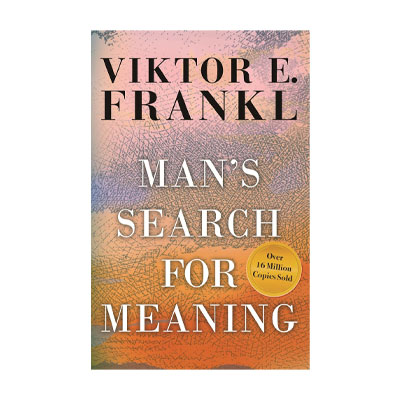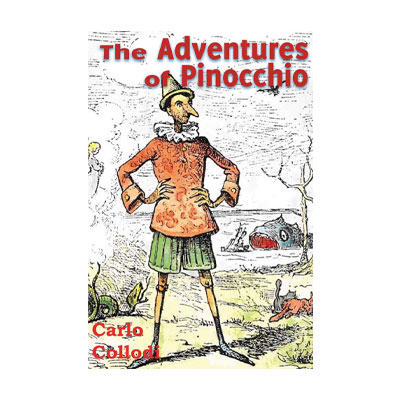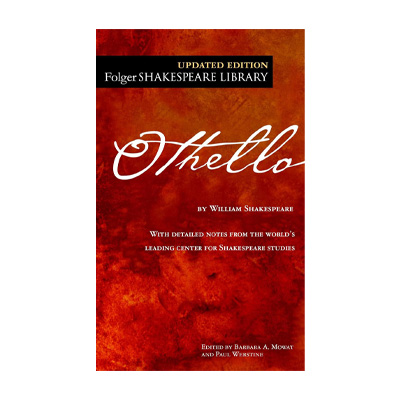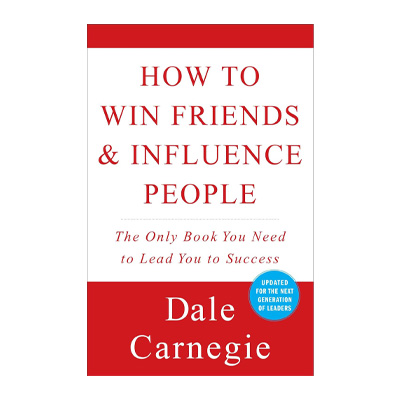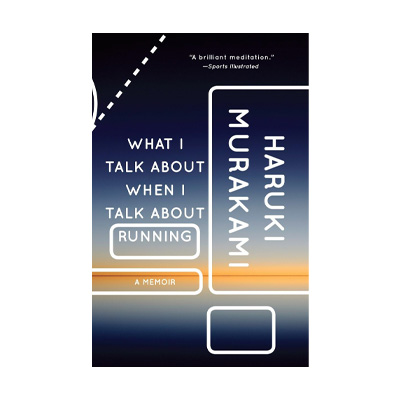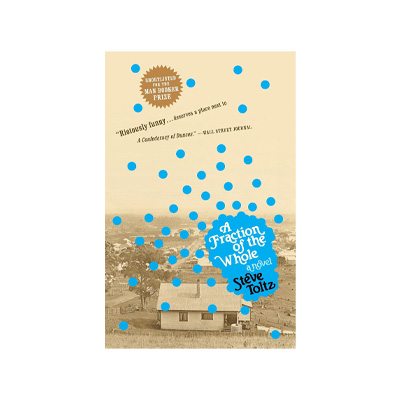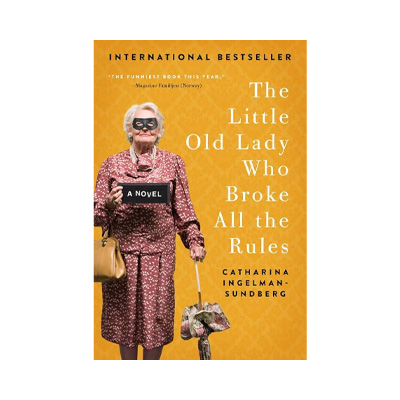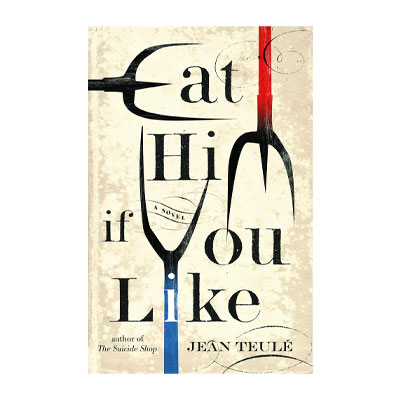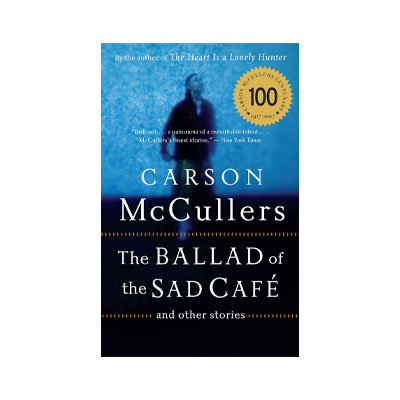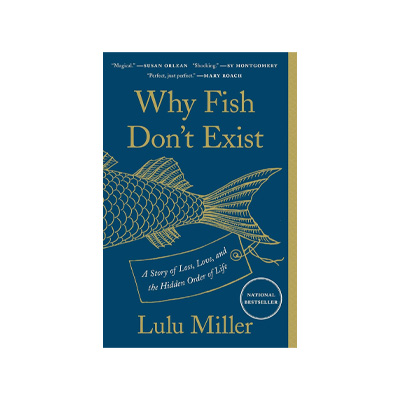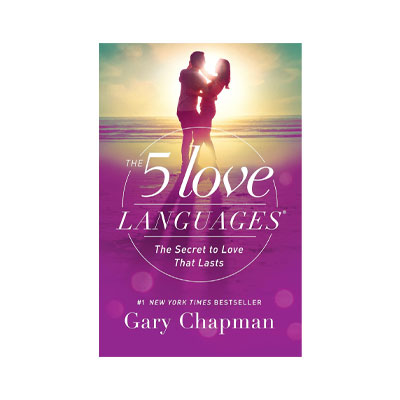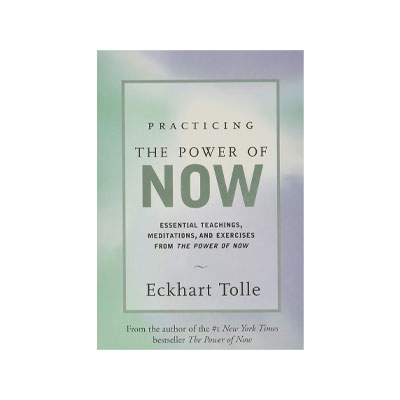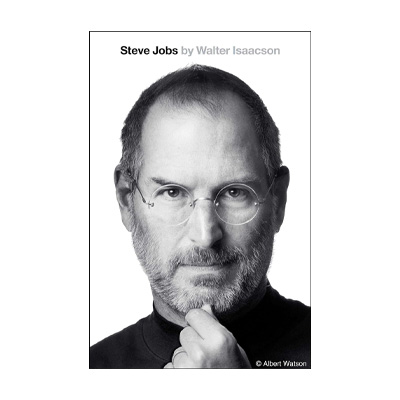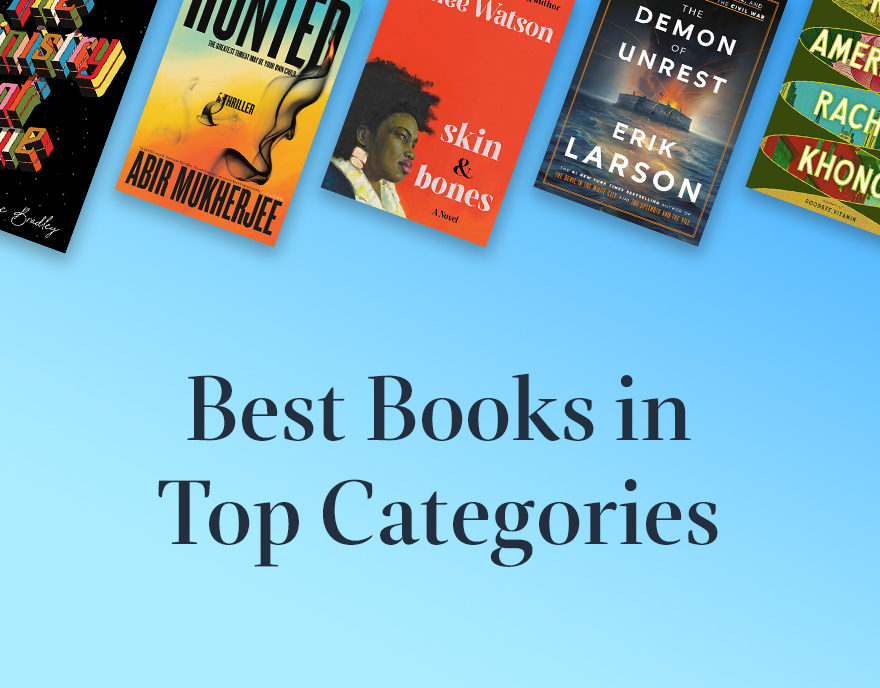Stephen Richards Covey, known to many as Stephen Covey, was born on October 24, 1932 in Salt Lake City, Utah, United States. This influential figure, a writer, motivational speaker, businessman, and educator, is well-known and popular worldwide. He earned his bachelor's degree in Business Administration from Harvard University and completed his doctoral studies in Organizational Behavior at Brigham Young University.
Biography of Stephen Covey
From 1957 until 2012, the year of his passing, Stephen Covey shared his life with Sandra Covey, and together they had eight children named Stephen M.R., Sean, Cynthia, Catherine, David, Jenny, Colleen, and Joshua A. Maria. Covey's parents were Stephen Glenn Covey and Irene Louise.
Some of Stephen Covey's most important works
Although Stephen Covey attributed much of his fame to his timeless work "The 7 Habits of Highly Effective People," he also left behind other works such as:
- The 7 Habits of Highly Effective People
- First Things First
- The 8th Habit
- Principle-Centered Leadership
- The 7 Habits of Highly Effective Families
- Cleaning the Sword
- Everyday Greatness
- The Divine Center
Throughout his life, in addition to writing and various consultations, Covey was also involved in entrepreneurship. He founded the company FranklinCovey and served as its vice chairman. The company was globally renowned for providing professional services. In 1985, he established a leadership center called Covey Leadership Center and later launched an institute called Leadership Institute in Utah. Currently, Covey Leadership Center is part of FranklinCovey.
Achievements
One of the notable achievements of this highly respected author and researcher is the sale of over 25 million copies of his seminal work "The 7 Habits of Highly Effective People," which he authored in 1989. This work continues to be widely recognized and published in various markets.
During Bill Clinton's presidency, Covey was invited to Camp David by him, where his consultations helped expand the reach of individuals receiving his messages on personal growth and development. Millions of people in various businesses benefited from his teachings.
On July 16, 2012, Covey passed away at the age of 80 in a medical center in Eastern Idaho, United States, after sustaining injuries in a cycling accident.



